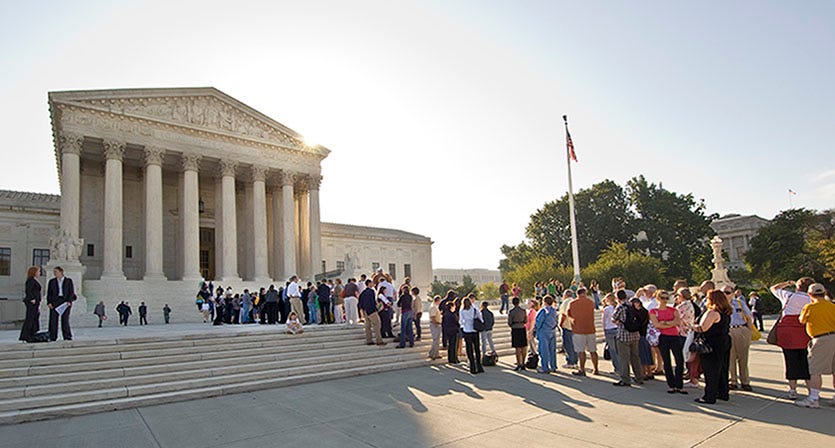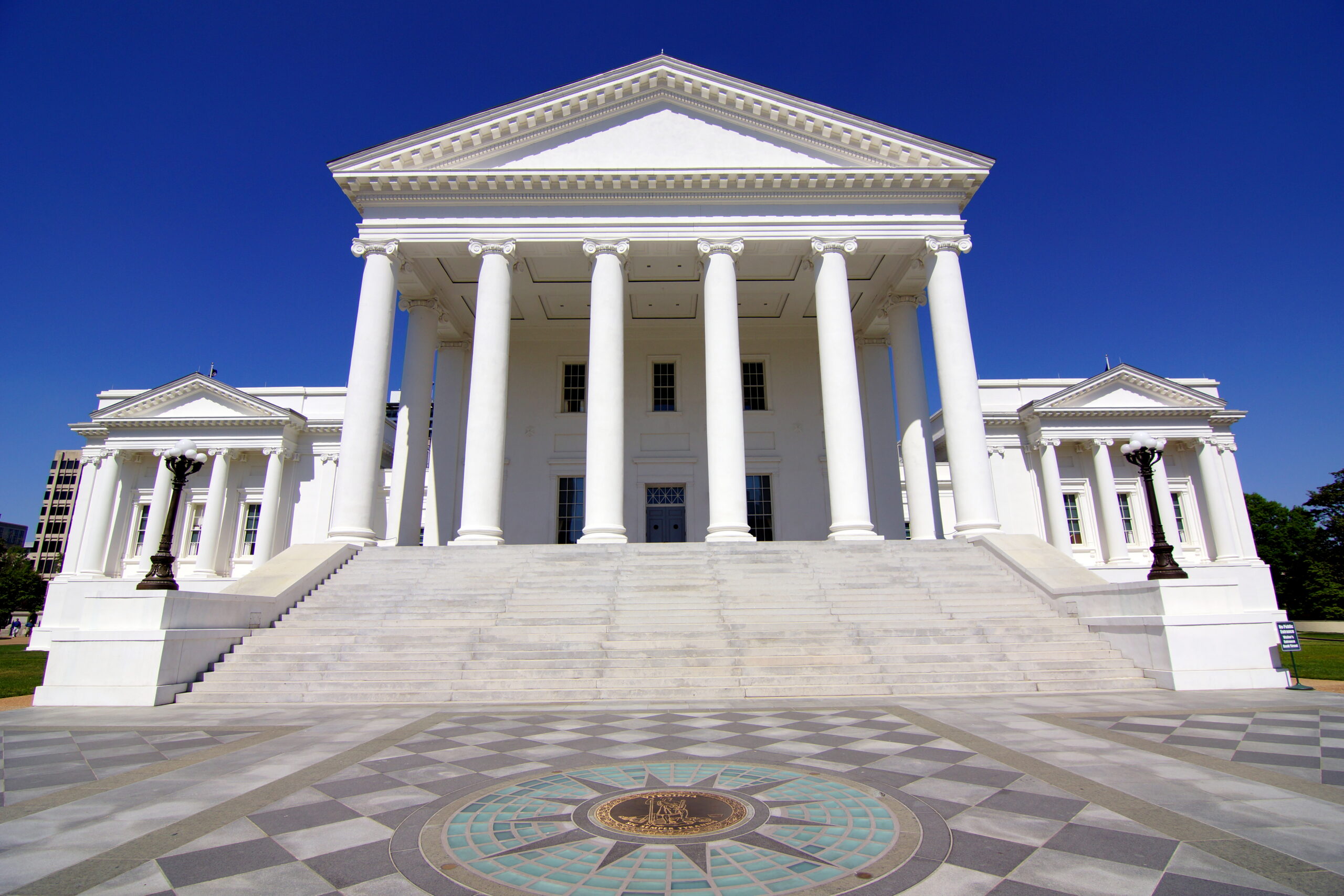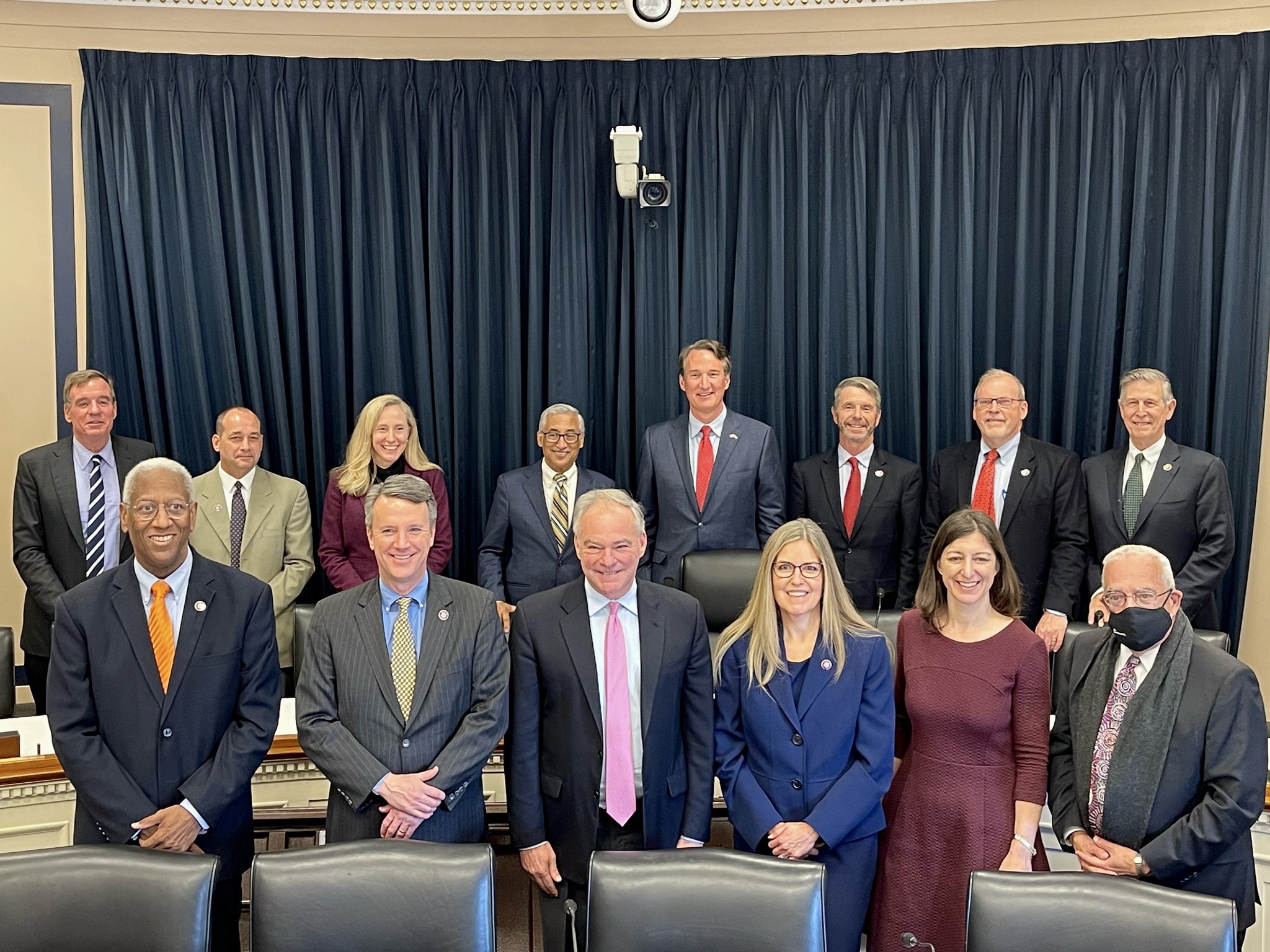“The Jews believed themselves created and commanded to be a light to the gentiles and they have obeyed to the best of their considerable powers. The results, whether considered in religious or in secular terms, have been remarkable. The Jews gave to the world ethical monotheism, which might be described as the application of reason to divinity. In a more secular age, they applied the principles of rationality to the whole range of human activities, often in advance of the rest of mankind. The light they thus shed disturbed as well as illuminated, for it revealed painful truths about the human spirit as well as the means to uplift it. The Jews have been great truth-tellers, and that is one reason they have been so much hated.”
— Paul Johnson, “A History of the Jews” (1987)
Given the fact that Moses himself adorns the frieze of the U.S. Supreme Court, this hardly seems like a controversial position.
The Ten Commandments is foundational to our Western understanding of two very important concepts: that we are a nation built on nomoi (laws) and not demos (men), and that the legitimacy of our laws is predicated on something deeper and greater than ourselves.
For those of us who confuse the French Revolution with the American War of Independence as a similar impulse, the very idea of a Ten Commandments — God — is an alien and even hateful concept, the old tradition of the past reaching from the grave to arrest human progress.
Yet there is a very broad difference between these two understandings. If you are of the Gordon Wood school of thought, the American Revolution was a revolution: it was the British who were changing their form of government. Yet as Jefferson so eloquently stole from George Mason wrote in the Declaration of Independence, there are certain ideas which predicate human law:
We hold these truths to be self-evident, that all men are created equal, that they are endowed by their creator with certain unalienable rights, that among these are life, liberty and the pursuit of happiness. That to secure these rights, governments are instituted among men, deriving their just powers from the consent of the governed. . .
. . .and from this, the Virginians among others understood their concept of natural right, natural law, and the proper form and scope of governance.
Morality and Lawmaking: Inseparable Considerations
First and foremost, let us set aside any objections about moralizing from a political left which has hammered home equality uber alles in a parade of rainbow flags, pronouns, historical revisionism, and DEI mandates.
Repeat after me: secular religions are more dangerous than sacred religions.
What’s more, you don’t need a god in order to make it a religion. Our secular priests and priestesses have their cavalcade of inquisitors and witches, their burnings and their rituals, their sacraments and heretics and druids and apostates. They have their hatreds as well — and none are shown more violence and intolerance than those who ask to be convinced rather than coerced.
So much for the separation of church and state. Or more accurately, morality and the political. Facts are — all politics is moral. We routinely ask lawmakers to approve of moral laws, reject immoral laws, and have the basic character to be able to discern between the two. So long as faith and character remain intrinsically linked, no one can be realistically asked to check their faith upon entering the public square. This is the very heart of American pluralism as opposed to French laicite — and I am bold enough to say, what makes the meritocracy of Americans superior to the mediocrity of the French.
Democracy vs. Rule of Law
Which brings us directly to the point. Why not consider the Ten Commandments as a historical jumping point in classrooms when considering law and legitimacy? After all, flanked by Solon and Confucius, one might think the U.S. Supreme Court was trying to make a wider point about the great lawgivers of history.
Already you are hearing from left-wing objectors regarding the origin and nature of the Ten Commandments. Naturally, they don’t really care about concerns about their origins (Numbers or Deuteronomy?), their number (10 or 15?), or the differences between the Catholic/Lutheran version (Augustine) or the Protestant/Orthodox version (Origen). Same commandments — just numbered differently.
One should note that the Ten Commandments themselves have traditionally been broken out into two parts. The first being what we owe to God and family, the second being what we owe to one another.
Yet there’s something to remember in that first part — what we owe to God — that is important to a good political society. Of course, we argue like cats and dogs over what we owe to one another. Welfare, tax cuts, public education, defense spending, sidewalks, paved roads, potholes, social services, you-name-it.
The benefit of the Ten Commandments — and what makes them unique in the West — is that there is a reminder that we owe something to our Creator. Not the androgynous haze we call humanity, not to the naturalistic abstraction we call creation, but to a describable thing which ordered and made intelligible this universe, opening it to human reason and the operations of our soul as we are pursue things good, beautiful, and true.
Not perfectly — what would Madison think of that? — but striving nevertheless.
Why the Ten Commandments Matter to Western Civilization
That’s the reason why the Ten Commandments matter. Not so much because human beings need a spooky story held over their heads — or a Stasi — in order to be good, but rather to remind us that as social creatures, sometimes we can get ahead of our skis and forget what we owe to reality.
There is another good reason to post the Ten Commandments in classrooms and elsewhere, and it is to remind ourselves and others that the so-called “culture war” isn’t anything of the sort, but rather it is a war on culture.
The great Western tradition is no anomaly. This whole thing we call America didn’t just spring forth from the ground. Rather, those of us who recognize the great Anglo-American tradition of liberty under law further recognize — as the late Roger Scruton reminds us — that good things are easily destroyed but not easily created.
The harder point to argue is the one we shouldn’t be afraid to assert, even at the risk of being criticized. Yes, the Ten Commandments belong in classrooms. No, statues of Baphomet do not belong in civic spaces. Yes, that is asserting a morality in the public square, not because it is an article of faith but because anti-religion is anti-reason and should be boldly and courageously called out as such.
As for other faith traditions? Even Christian denominations? The left would love nothing more than to divide and conquer. Yet there is nothing proselytizing about the Ten Commandments anymore than the maxims of Confucius proselytize Confucianism or the constitution of Solon proselytizes Our Democracy! (TM) and the sacredness of anything they deem must be immune to the effects of reasoned discourse. Bigotry! Racism! Magic Missile!
Enough.
Defend Something, Guys.
America is something we refine, work on, build and pass down. An inheritance from that great democracy of the dead we call tradition, but a partnership with the possibilities of the future we call progress. True — not all tradition is good, yet not every progress is an advance. Regression, barbarism, ignorance, and want are just a generation away, and if we do not engage in the great task of transmitting our Western values and Western culture — and these values inevitably find their taproot not in Rome or Athens but Jerusalem — by passing them down to future generations? We lose the game.
Now there are some Fabian operators who would love nothing more than to smash the world and rebuild it anew. Certainly the sans-culottes of the French revolutionaries imagine themselves in such a way. Surely the artificers of new paradigms believe they can re-engineer the way we speak about a whole host of concrete and true items as if the social sciences had the license to endlessly manipulate — yet never master — the hard sciences.
False choices of either/or with regard to free lunches for children are disingenuous at best and facile at their very worst. Ask each one of them what percentage of their salaries go to feed children. The answer will be a number near zero. They don’t actually give a damn about children; they only want a result. Feel free to call them out for the evil and soulless human beings they actually are and don’t let up.
Facts are, if you believe there is something special about this little thing we call America, the long history of this nation as a country of laws founded in a republican tradition stands in strong contrast to the vacillation of those who believe such laws should bend and dissolve in the face of a mob.
Until then, the Ten Commandments can go up and we can remind ourselves that our Founding Fathers were supremely religious men who managed to give us a republic and not a theocracy. Certainly not a democracy.
Let’s see how long we can keep it.








2 Comments
If you number them or separate them into ten sections, are you going to use the Protestant, Lutheran, or Roman Catholic version?
It is not a trivial point.
This is simply excellent. Well written.
Comments are closed.